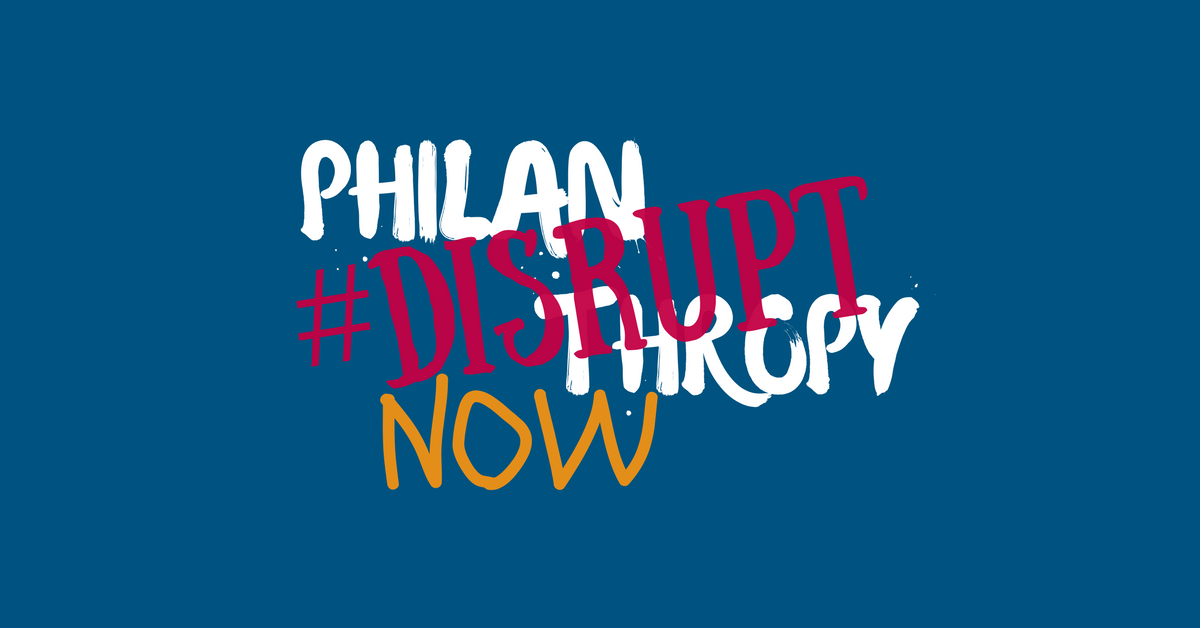A graduate student interviewing me for a paper recently asked “How could we force foundations to transform their internal culture and open wider conversations about equity to as many stakeholders as possible?” I told her we can’t force foundations to do anything, unless or until the entire nonprofit sector calls a general strike.
If all 501c3 organizations refused to take money from institutions whose only obligation is to pay out 5 percent of assets per year toward charitable causes, presumably they would be compelled to come to the bargaining table.
I’ve harbored such fantasies during my 10 years at NCRP. But since I’m a pragmatist, I’ve also tried to create safer spaces for nonprofits to challenge dysfunctional foundation practices, as have others in the sector.
Inside Philanthropy’s platform to rate foundation staffers fell flat. So did our Philamplify web forum to encourage debate and discussion about the foundations we assessed. Now GrantAdvisor is showing promise with its feedback interface. All of these platforms offer the cloak of anonymity.
Especially for those who straddle the worlds of social justice and philanthropy, a perennial question is, “How can we encourage social change leaders to speak truth to power directly to foundations?” Pablo Eisenberg modeled this at the Center for Community Change for decades, telling off his funders with ease and confidence. And the organization thrived.
At NCRP, which Eisenberg helped found, we joke that we’ve been biting the hand that feeds us for more than 40 years. Yet racial and social justice organizations remain reluctant to apply the same tactics they use with public officials and corporate titans to philanthropy.
Within Our Lifetime (WOL) and Old Money New System Community of Practice (OMNS) are trying to change that with their bold new campaign, #DisruptPhilanthropyNOW. Fed up with foundations that espouse racial equity goals and values and then treat racial justice groups shabbily, WOL and OMNS are calling on racial justice and movement building organizations to tell their stories publicly, and to hold funders that don’t walk their talk accountable for their actions. WOL is using a blog series to tell its own story and model the accountability process it has gone through with a specific funder.
At NCRP, we know that it feels very risky to give critical feedback to a funder. Every Philamplify assessment we produced contained critiques, but I took strength from the fact that the critiques were grounded in the experience and wisdom of nonprofit and community leaders, and even peer funders. So we did not take lightly the decision to join WOL’s and OMNS’ invitation for courageous and collective action, to urge social movement groups to speak their truth.
When readers hear about the types of practices that earned WOL’s need to say “Enough!” they may say, “These are typical bad behaviors that funders engage in with all their grantees. So how is this about racial equity?” My response would be: That’s what disparate impact is about. A (bad) practice that is applied universally affects white groups differently than people of color groups.
People of color-led racial justice groups already garner meager philanthropic resources for their work. They already face many challenges that white-led organizations working on other issues don’t face. People of color-led organizations, especially those fighting for justice, are already viewed as being more radical and having less capacity than nonprofits that look and act like the dominant white culture.
So, foundations that espouse racial justice values should be working and investing to ensure people of color-led groups thrive and grow. And the beauty of targeted universalism is this: If funders improve their practices and behaviors so that people of color-led racial justice organizations specifically can fully advance their missions, those improved practices will benefit all their grantees.
If you represent a racial justice or movement organization, consider sharing your own story of inequitable philanthropic practices.
We should all be rooting for WOL’s and OMNS’ #DisruptPhilanthropyNOW campaign to succeed. Because a world in which nonprofits are able to achieve equitable philanthropic practices and funder accountability to communities of color will be a world in which we will be that much closer to achieving equity and justice for all.
Lisa Ranghelli is senior director of assessment and special projects at NCRP.














































































































































































































































































































































































































Leave a Reply